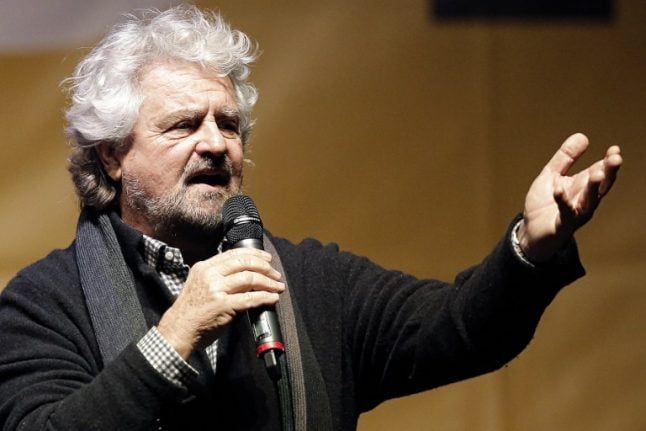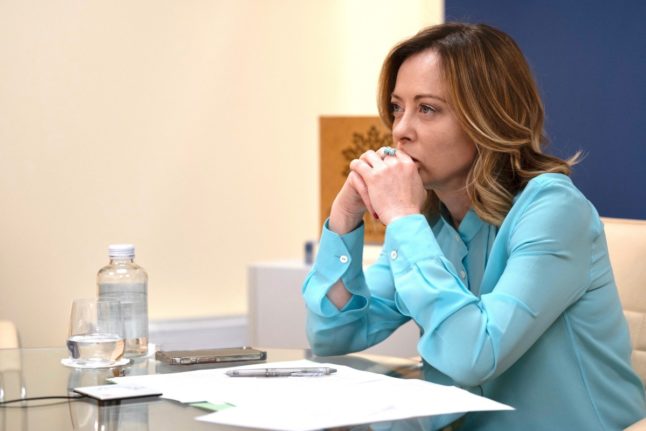The Five Star Movement “will fight to guarantee them full political rights from the age of 16”, Beppe Grillo wrote on his blog.
Italy's voting age is 18, but rises to 25 for Senate elections, something Grillo said was “an intolerable anachronism”.
Politicians are currently working on a new electoral law ahead of elections which must take place by next spring, meaning it's the perfect time to make such adjustments to the law. And Grillo's not the first to have had the idea: the ruling Democratic Party proposed a bill to lower the voting age in Senate elections to 18 in January this year.
Due to Italy's perfect bicameral system, all laws need to get the approval of the Senate as well as the Chamber of Deputies before they can pass, which is one of the reasons key bills – on everything from criminalizing torture to legalizing civil unions – often end up in parliamentary gridlock.
The party make-up of each house tends to vary significantly, a factor which is likely affected by the average age of voters.
Italy is home to Europe's oldest population due to a falling birthrate, meaning that both the median age and the proportion of over-65-year-olds are above the European average. This means the older generation already has a stronger voice, simply because Italy is home to more old people than young – and with under-25's excluded from voting for the Senate, the issue is exacerbated.
More than four million Italians, or eight percent of the population, are aged between 18 and 24, “and so their votes count less”, according to Grillo.
He drew a link between this disenfranchisement and the disproportionately high levels of youth unemployment (currently around 35 percent) and youth poverty in Italy.
Last year, for the first time, the millennial generation became the poorest in the country, data from Caritas showed. Meanwhile, social spending for the elderly is significantly higher than for any other age group, with most of the country's welfare budget going on pensions.
While there is likely to be plenty of public support for extending votes for the Senate to under-24-year-olds, the question of giving Italy's approximately one million 16-17-year-olds the vote will be more controversial.
Across the rest of Europe, the voting age is 16 in Austria, the Isle of Man, some German states and one Swiss canton.
So where do Italy's other parties stand on the issue?
The far-right Northern League's Matteo Salvini has also suggested extending the vote to 16- and 17-year-olds, saying the age group is “more informed and involved today than they used to be”.
Meanwhile, the ruling Democratic Party has allowed 16-year-olds to vote in party primaries since 2007, and during his successful campaign to be re-elected as party leader, ex-PM Matteo Renzi raised the possibility of lowering the national voting age to 16.
“And I don't say that in my own interest, since we lost the referendum to the youth vote,” he said, referring to the unsuccessful referendum on changes to Italy's constitution last December, on which Renzi had staked his own leadership.
Those reforms would have seen the Senate totally reformed, stripping it of most of its powers to block and amend legislation and appointing fewer senators, rather than having elections.
While the proposals didn't win the support of Italy's young adults, it's possible that giving them the right to vote in Senate elections would be a more popular policy.



 Please whitelist us to continue reading.
Please whitelist us to continue reading.
Member comments